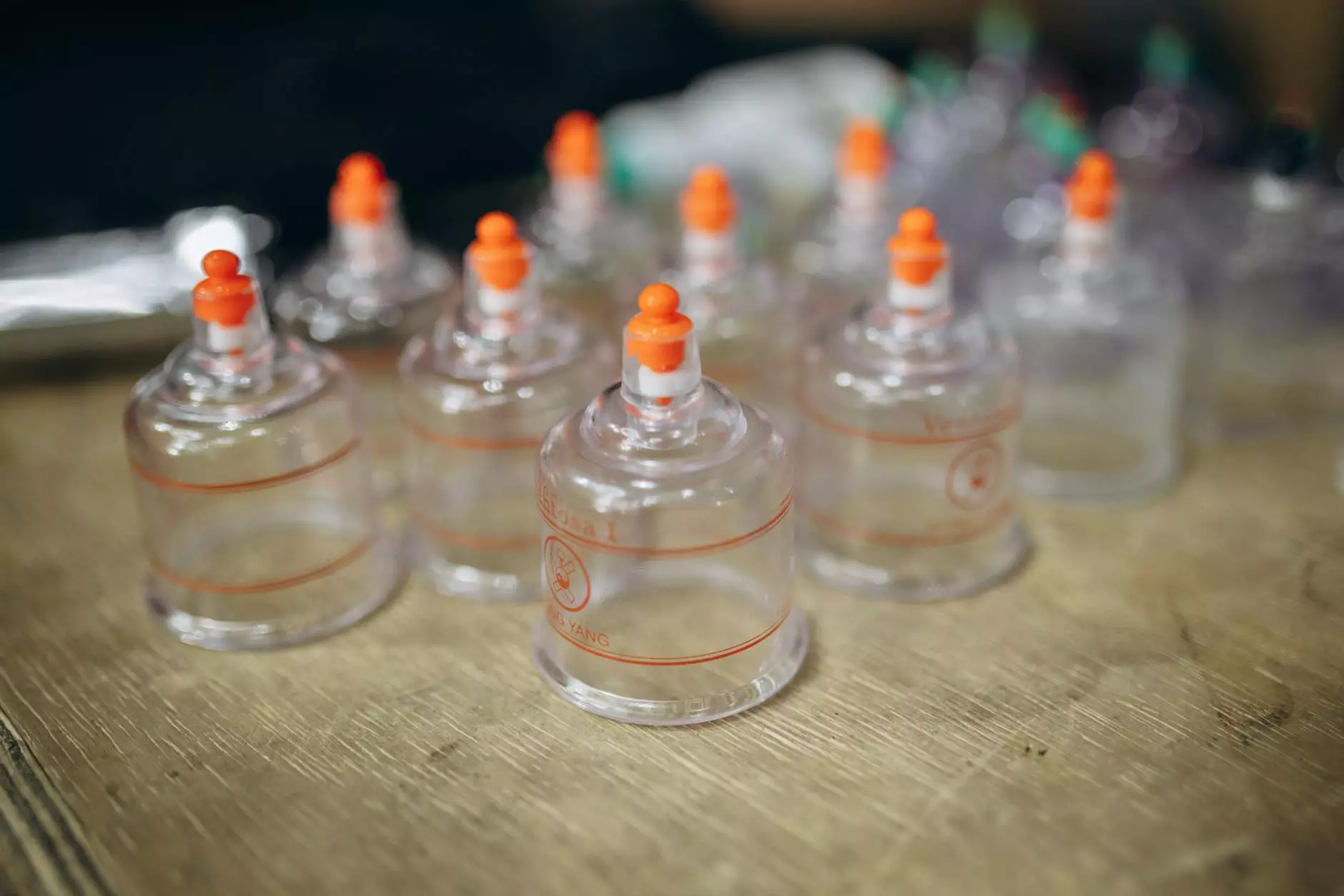Mastering Rain Gutter Cleaning and Repair

In every home, the rain gutter system plays a crucial role in protecting the structure from water damage. This article delves into the significance of rain gutter cleaning and repair, presenting insights that can safeguard your home and save you money in the long run.
Understanding Rain Gutters: The First Line of Defense
Rain gutters are installed along the edges of the roof to direct rainwater away from the foundation of your home. Without properly functioning gutters, water can pool around your home's foundation, leading to various issues including:
- Foundation damage
- Basement flooding
- Soil erosion
- Wood rot and structural damage
- Mold growth
The Importance of Regular Gutter Cleaning
One of the primary reasons homeowners overlook the maintenance of their gutters is a lack of awareness about the importance of regular rain gutter cleaning. Here’s why it’s essential:
Preventing Clogs and Blockages
Over time, leaves, twigs, and debris accumulate in gutters, leading to clogs that impede water flow. Regular cleaning ensures that rainwater can flow freely, reducing the risk of overflowing gutters and water damage.
Enhancing Lifespan
Gutters are typically made from materials such as aluminum, vinyl, or steel. Cleaning them regularly can help prevent corrosion and degradation, ultimately extending their lifespan and saving you money on future repairs or replacements.
Protecting Your Home’s Value
A well-maintained gutter system contributes to the overall value of your home. Prospective buyers recognize the importance of a robust gutter system, making it a crucial aspect during home inspections.
DIY Rain Gutter Cleaning: Step-by-Step Guide
If you’re considering a do-it-yourself approach to gutter cleaning, follow these steps to ensure effective and safe maintenance:
What You’ll Need
- Protective gloves
- Safety goggles
- Ladder
- Bucket or tarp for debris
- Garden hose
- Gutter scoop or trowel
- Pressure washer (optional)
Step 1: Safety First
Always prioritize safety when climbing ladders. Use a sturdy ladder and never overreach; it’s safer to climb down and reposition the ladder as needed.
Step 2: Remove Debris
Wearing gloves, use a scoop or trowel to remove debris from the gutter, placing it in your bucket or tarp. Start at the downspout and work your way to the ends.
Step 3: Flush with Water
Once debris is cleared, use a garden hose to flush the gutters, confirming that water flows freely towards the downspout. This step will also help dislodge any remaining smaller debris.
Step 4: Inspect the System
After cleaning, inspect the gutters and downspouts for any signs of damage or wear. Look for:
- Rust spots or corrosion
- Cracks or holes
- Separation at seams or joints
When to Call Professionals for Rain Gutter Repair
While many homeowners can manage regular gutter cleaning, there are instances when it’s best to call in professionals, especially for repairs. Consider professional assistance in these cases:
Severe Damage
If you notice extensive rust, large holes, or significant sagging in your gutter system, a professional will have the expertise to assess whether repair or replacement is the best option.
Safety Concerns
For those uncomfortable with heights or lacking the proper equipment to safely reach gutters, hiring a professional is advisable. Your safety is paramount.
Time Constraints
If your schedule is too tight, consider enlisting a gutter cleaning and repair service. This allows you to focus on other responsibilities while ensuring your gutters are well maintained.
Common Gutter Problems and Solutions
Understanding common issues with rain gutters can help you handle them more efficiently or know when to seek professional help.
1. Gutter Leaks
Leaks often occur at the seams where two sections meet. Sealing these leaks with a special gutter sealant can be a quick fix. For extensive leaks, a professional may need to replace sections of your gutter.
2. Sagging Gutters
Sagging typically indicates that your gutters are full of debris or that the brackets that hold the gutters in place are damaged. Cleaning and reinserting the brackets can resolve this issue.
3. Downspout Issues
Downspouts that are clogged or improperly angled can lead to water pooling. Clearing blockages and adjusting the downspout angle are simple solutions to this problem.
Preventative Maintenance Tips for Gutters
Taking preventative measures is the best way to minimize the need for extensive gutter cleaning and repair. Here are some tips to keep your rain gutters in excellent condition:
- Schedule Regular Cleanings: Consider setting a schedule for cleaning your gutters at least twice a year, preferably in spring and fall.
- Install Gutter Guards: Gutter guards can prevent debris accumulation, reducing the frequency of cleanings.
- Ensure Proper Drainage: Make sure downspouts direct water away from the foundation to avoid pooling.
- Inspect After Storms: After heavy rainfall or storms, inspect your gutters for any damage or blockages.
Conclusion: Empower Your Home with Proper Gutter Maintenance
Proper rain gutter cleaning and repair is not just a maintenance chore; it's an investment in your home's protection and value. By understanding the importance of gutters, regularly cleaning them, and addressing repairs promptly, you can prevent damage and enhance the lifespan of your gutter system.
For those who prefer to enjoy peace of mind, consider reaching out to professionals like Gutter Solutions at guttersolution.us. Their expertise in rain gutter cleaning and repair will ensure your home remains protected from water damage.








